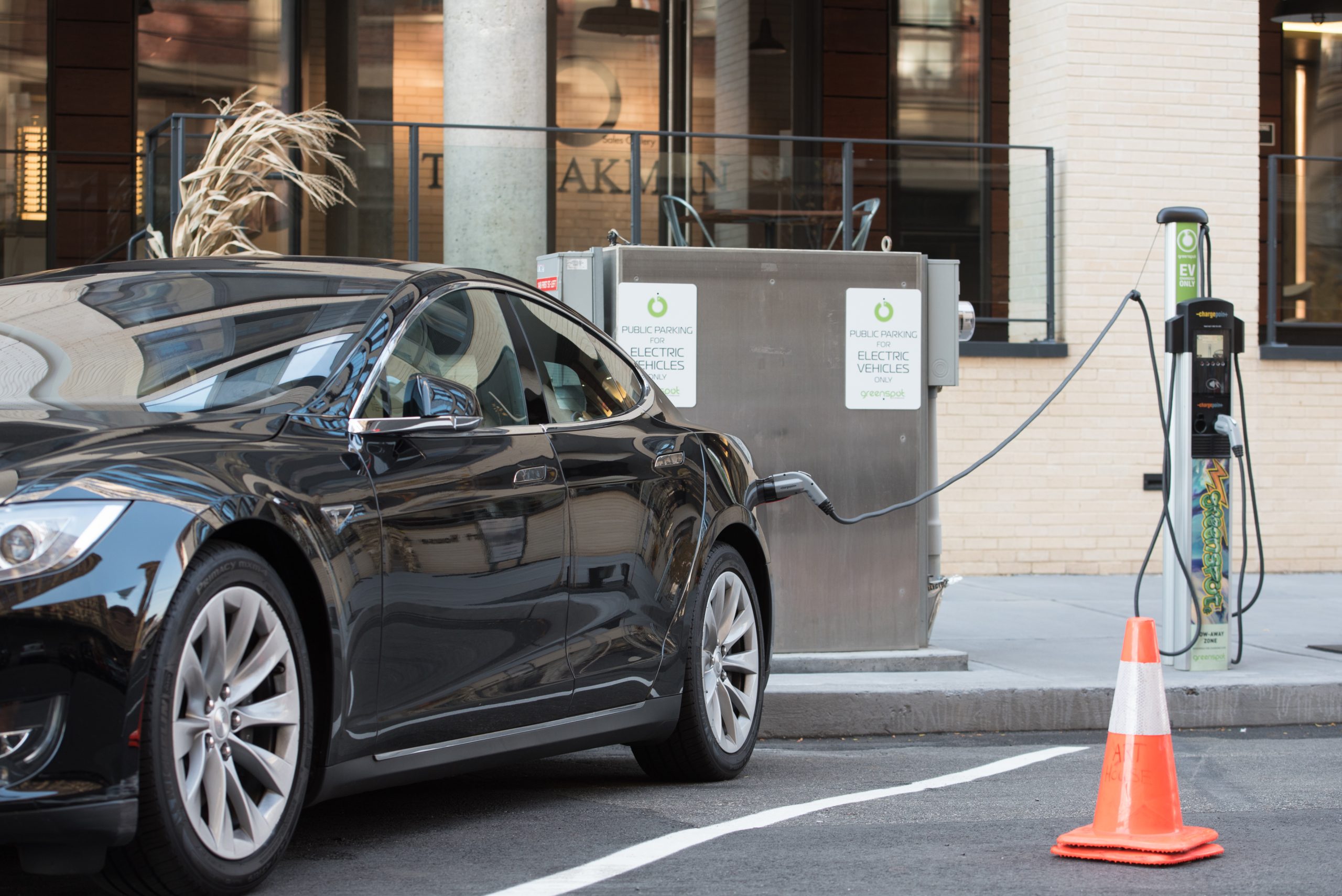As concerns about climate change and air pollution continue to mount, residents of New Jersey are increasingly turning to electric cars as a sustainable transportation solution. In this comprehensive guide, we’ll explore the rise of electric cars in New Jersey, highlighting their benefits, incentives, and the infrastructure that supports their adoption.
The Rise of Electric Cars in New Jersey
Environmental Concerns Driving Change
New Jersey, like many states across the country, is grappling with the impacts of climate change and air pollution. As policymakers and residents seek ways to reduce greenhouse gas emissions and improve air quality, electric cars have emerged as a promising solution. By transitioning away from gasoline-powered vehicles to electric cars, New Jerseyans can significantly reduce their carbon footprint and help mitigate the effects of climate change.
Government Support and Incentives
To encourage the adoption of electric cars, the state government of New Jersey offers a range of incentives and rebates for electric vehicle purchasers. These incentives may include tax credits, rebates on vehicle purchases, and discounts on electric vehicle charging infrastructure. Additionally, New Jersey has committed to expanding its network of electric vehicle charging stations, making it easier for residents to charge their electric cars conveniently and affordably.
Benefits of Electric Cars in New Jersey
Environmental Impact
One of the primary benefits of electric cars in New Jersey is their reduced environmental impact compared to traditional gasoline-powered vehicles. By running on electricity rather than gasoline, electric cars produce zero tailpipe emissions, helping to improve air quality and reduce greenhouse gas emissions. In densely populated areas such as New Jersey, where air pollution is a significant concern, electric cars offer a cleaner and greener transportation alternative.
Cost Savings
Electric cars also offer significant cost savings for New Jersey residents. With lower fuel and maintenance costs compared to gasoline-powered vehicles, electric cars can help drivers save money over the long term. Additionally, incentives and rebates offered by the state government can further offset the upfront cost of purchasing an electric car, making them a financially attractive option for many residents.
Electric Car Infrastructure in New Jersey
Charging Stations
As electric car adoption continues to grow in New Jersey, the state has been investing in expanding its network of electric vehicle charging stations. These charging stations are strategically located throughout the state, making it convenient for electric car owners to charge their vehicles while on the go. From public charging stations in urban areas to workplace and residential charging solutions, New Jersey offers a variety of charging options to meet the needs of electric car owners.
Read too: A Step-by-Step Guide to Effortlessly Install Electric Car Charger at Home
Legislative Support
In addition to expanding infrastructure, New Jersey has implemented policies and regulations to support electric car adoption. This includes requirements for new construction to include electric vehicle charging infrastructure, as well as incentives for businesses and municipalities to install charging stations. By creating a supportive regulatory environment, New Jersey is paving the way for widespread electric car adoption and a cleaner, greener transportation future.
Conclusion
The adoption of electric cars in New Jersey represents a significant step towards a more sustainable and environmentally friendly transportation system. With government support, incentives, and expanding infrastructure, electric cars are becoming an increasingly viable option for residents across the state. By choosing electric cars, New Jerseyans can help reduce air pollution, combat climate change, and build a cleaner, greener future for generations to come.
